Praise for Across Black Spaces
Across Black Spaces is a path-breaking volume of essays and interviews by one of the top African American philosophers. It is a masterful work, full of vivid writing, definitive analyses, and sharp critiques of domination. Yancy is clearly the leading philosopher and critic of race and racism in the nation. I predict that this highly learned work with its wit and genius will transform our perception of what is possible in a racialized society. Yancys work is magnificent and in some places truly revolutionary.
Molefi Kete Asante, professor and chair, Department of Africology, Temple University, author of The History of Africa
Across Black Spaces is an opportunity for both those who know George Yancys vast opus and new readers to encounter a distillation of his leading themes and reflections. Yancy is now one of our great public intellectuals and this collection of essays and interviews is an inspiring introduction to the realities of black experience in the United States.
Naomi Zack, professor of philosophy, Lehman College, CUNY
This collection features George Yancy at his best. Yancy is fearless in his quest to ground philosophy in lived experience that is both fully human and Black.
Shannon Sullivan, author of Good White People: The Problem of Middle-Class White Anti-Racism
By revealing Yancys own experiences as a Black man, Across Black Spaces offers us a mirror in which to see our own. This is an essential resource in helping us do so.
Todd May, Class of 1941 Memorial Professor of the Humanities, Clemson University
With a keen eye looking beyond the academy, George Yancy provides a treasure trove of deep insights into white-racist realities from his own and others Black experience. A leading global philosopher whose honest critical-racism writings have led to white death threats, he offers a panoply of life-hardened understandings for building a truly democratic America and, indeed, planet earth.
Joe Feagin, Distinguished Professor, Texas A&M University, and author of Racist America
In Across Black Spaces George Yancy speaks his powerful and righteous truth on the life and death question of what it means to be Black in the USA of 2020. The most powerful philosophical work illuminates everyday experience and Yancy brilliantly grounds his analysis in realities of contemporary Black experience. Fired by a consciousness of the limits to our time on earth, Yancy has no time to display philosophical erudition for its own sake. His work will disturb, provoke, and move you.
Stephen Brookfield, John Ireland Endowed Chair, University of St. Thomas, MinneapolisSt. Paul
Bold, brave, and bracing. This welcome compilation of George Yancys widely published work forcefully weaves together indictments of white supremacy, tributes to courageous builders of resistance to its violence, and reflections on the role of Black philosophy in deepening our understanding of what philosophy is and does. Exploring with many interlocutors the rich cultural spaces African Americans have created and sustained in the face of the terrors of white supremacy, Yancy helps us see just how African American philosophy, and by extension, the activity of philosophy more generally, arise out of the complex lived spaces to which they are a response.
Elizabeth V. Spelman, Smith College
For years, George Yancy has been a truth-telling voice of courage, wisdom, and attempted reconciliation in the racially polarized public sphere. At a time when racial issues have become more central than in decades to the national conversation, his philosophical insight is needed more than ever before. This invaluable collection of articles, interviews, sketches of pioneering black thinkers, and autobiographical reflections, will provide, for those who do not yet know him, a wonderful introduction to his work.
Charles W. Mills, Distinguished Professor of Philosophy, The Graduate Center, CUNY
Speaking ones truth has been indicative of many efforts to transgress the dehumanizing epistemic and existential boundaries imposed on black being by virtue of various vicious construals of black embodiment as somehow bereft of the sensitivities and sensibilities of full human subjectivity. Here in Across Black Spaces, George Yancy splendidly joins, converses with, and commends a chorus of black figures who traverse the borders of disciplinary domains and genres in ways that exemplify and bear witness to the expansive terrain of critical black thought.
A. Todd Franklin, Christian A. Johnson Professor of Philosophy and Africana Studies, Hamilton College
Across Black Spaces
Published by Rowman & Littlefield
An imprint of The Rowman & Littlefield Publishing Group, Inc.
4501 Forbes Boulevard, Suite 200, Lanham, Maryland 20706
www.rowman.com
6 Tinworth Street, London SE11 5AL, United Kingdom
Copyright 2020 by George Yancy
All rights reserved. No part of this book may be reproduced in any form or by any electronic or mechanical means, including information storage and retrieval systems, without written permission from the publisher, except by a reviewer who may quote passages in a review.
British Library Cataloguing in Publication Information Available
Library of Congress Cataloging-in-Publication Data
Library of Congress Control Number: 2019956636
ISBN: 978-1-5381-3161-9 (cloth : alk. paper)
ISBN: 978-1-5381-3162-6 (pbk. : alk. paper)
ISBN: 978-1-5381-3163-3 (electronic)
 The paper used in this publication meets the minimum requirements of American National Standard for Information SciencesPermanence of Paper for Printed Library Materials, ANSI/NISO Z39.48-1992.
The paper used in this publication meets the minimum requirements of American National Standard for Information SciencesPermanence of Paper for Printed Library Materials, ANSI/NISO Z39.48-1992.
Dedicated to all people who dwell lovingly within Black Spaces
Acknowledgments
I would like to thank Natalie Mandziuk, my editor at Rowman & Littlefield, for her sustained enthusiasm for publishing my philosophical work. She is a superb editor to work with. To another brilliant editor of mine, Emma Clements, thanks for being so flexible with my schedule. And thanks for your thoroughness when it comes to looking over my work. Im so thankful for your incredible editorial oversight on this book and others. Thanks to Rose Oliveira, Linda Lear Special Collections Librarian at Connecticut College, for bringing to my attention an important letter written by Joyce Mitchell Cook. I would also like to thank the scholars who engaged with me in the conversational pieces that appear within this book. It is through your engaging questions that my thoughts are called forth. In this regard, I would like to thank H. A. Nethery, Azuka Nzegwu, Maria del Guadalupe Davidson, Brad Evans, Alex Blasdel, and Scott Jaschik. Thanks for creating a fecund dialogical space where two souls are able to meet and take part in the magic of shared language. Within this context, I would like to thank Anita Allen for her continued support. Anita is not only a brilliant philosopher, but an enviable, diligent, and outstanding academic administrator. I am honored to be her friend and colleague. She has always been there when I needed her. Im indebted. I would also like to thank Simon Critchley and Peter Catapano. Both Simon and Peter are thanked for amplifying so many voices that engage the timely and timeless issues within philosophy. They have effectively integrated philosophy within the context of a critical demos. Thanks to both of them for making philosophy relevant without sacrificing rigor and conceptual complexity. And, Peter, well, your editorial brilliance is bountiful. Thanks for shaping my voice. Connected with Simon and Peter, I would like to thank hundreds of readers who have personally written to me to thank me for engaging an idea or shedding light on some concept or for moving them to tears. Im encouraged by your responses. Also, thanks to all of those who dont agree with me. Respectful and healthy disagreements speak to a functioning and vigorous democracy.

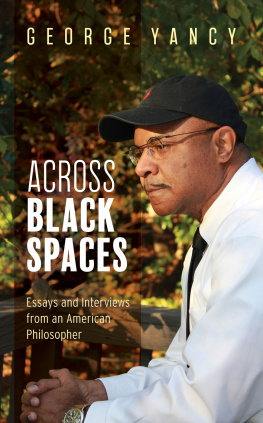
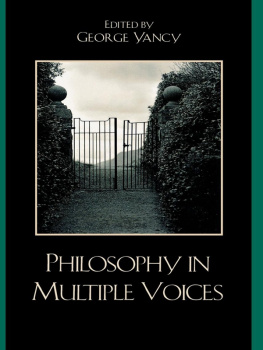

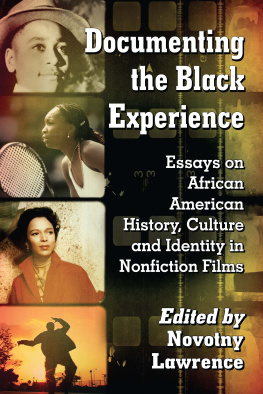
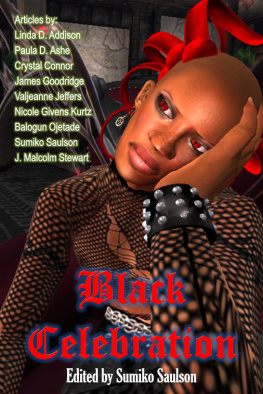
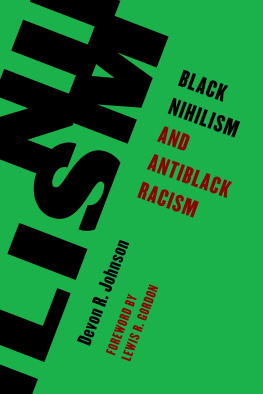
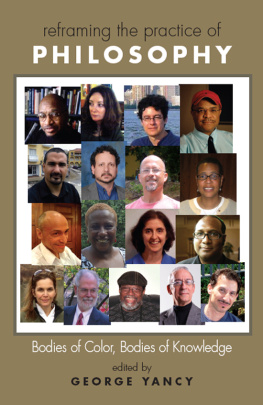
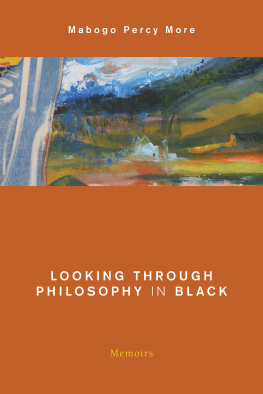
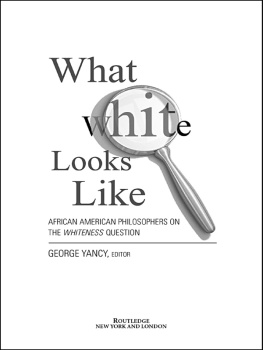
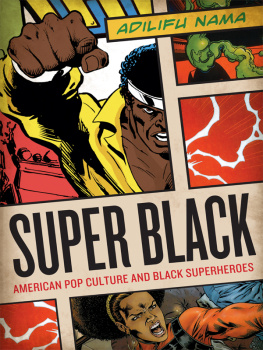

 The paper used in this publication meets the minimum requirements of American National Standard for Information SciencesPermanence of Paper for Printed Library Materials, ANSI/NISO Z39.48-1992.
The paper used in this publication meets the minimum requirements of American National Standard for Information SciencesPermanence of Paper for Printed Library Materials, ANSI/NISO Z39.48-1992.